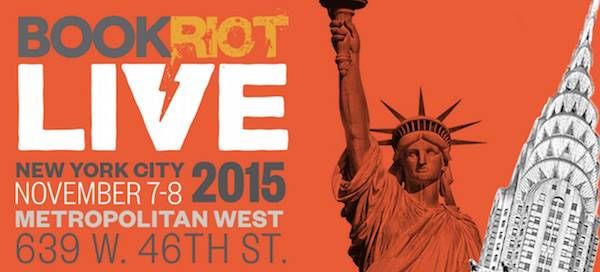
When Life Changes A Book
It’s undeniable that books can change lives and heavily influence the decisions we make. But we rarely think about how real life can change how we feel about books.
The thing is that a book is a static thing: Harry Potter and the Sorcerer’s Stone will always have the same words, plot and themes inside of it every time you read it. This is why books can be so comforting: readers are always growing and changing, coming back to a constant is like a cup of hot chocolate on a cold, rainy day.
As we grow and change, our opinions will inevitably change. For example, it is possible that there is a book in your life that you put down because you were bored. It may be that in a few years, you will change your mind and devour it in one sitting. The book didn’t change – you did. Personally, I hope this is what will happen to me and Douglas Adams’s The Hitchiker’s Guide to the Galaxy in a few years time.
This can work with books you’ve already read and loved too. It’s important and fun to re-evaluate books you love, to think about what they meant to you and even recognize their flaws so you can grow. Books are a form of escapism so it’s not always good to evaluate while you’re reading– it takes away the magic. But all kinds of media can be problematic and make impressions that can shape our lives depending on how much we love that piece of media or how much it resonates with us.
When I first read the Harry Potter series, about a million years ago, it completely changed my life. I wanted to be in Harry’s world because my world was so lacking of magic. I attribute my love of Harry Potter about 40% of the reason why I ended up doing my undergraduate degree in the United Kingdom. The British warmth of the Weasleys is why I love British accents
While I recognize how impactful the whole series was to me, I recently started to question certain choices made by JK Rowling. Why aren’t there queer people in these books? Why aren’t there more people of color who are important to the stories? Why are some of my friends not represented in these books I love so much? How can I seek out books that are more inclusive and support diverse media?
Another example of a book I re-evaluated is How To Be A Woman by Caitlin Moran. It was through Moran’s book that I became to be a feminist, started to write about women’s rights and decided I want to be a columnist someday. It could be argued that her book largely contributed to my future plans to do a Master’s degree in Women’s Studies.
This book changed my life, but I’ve grown to criticize it as a feminist book that largely lacks intersectionality and isn’t inclusive to trans women and women of color. While it was a starting point to my women-centered politics, I have evolved to a better kind of feminism that I hope to keep improving.
Books are static. They don’t evolve like humans do. Reading a book and realizing you feel differently about it is weird but also satisfying and proof of evolution and growth. Books can change lives, give you a new direction or ambition: but only you can know what will happen after you turn the last page.
____________________
Book Riot Live is coming! Join us for a two-day event full of books, authors, and an all around good time. It’s the convention for book lovers that we’ve always wanted to attend. So we are doing it ourselves.


















